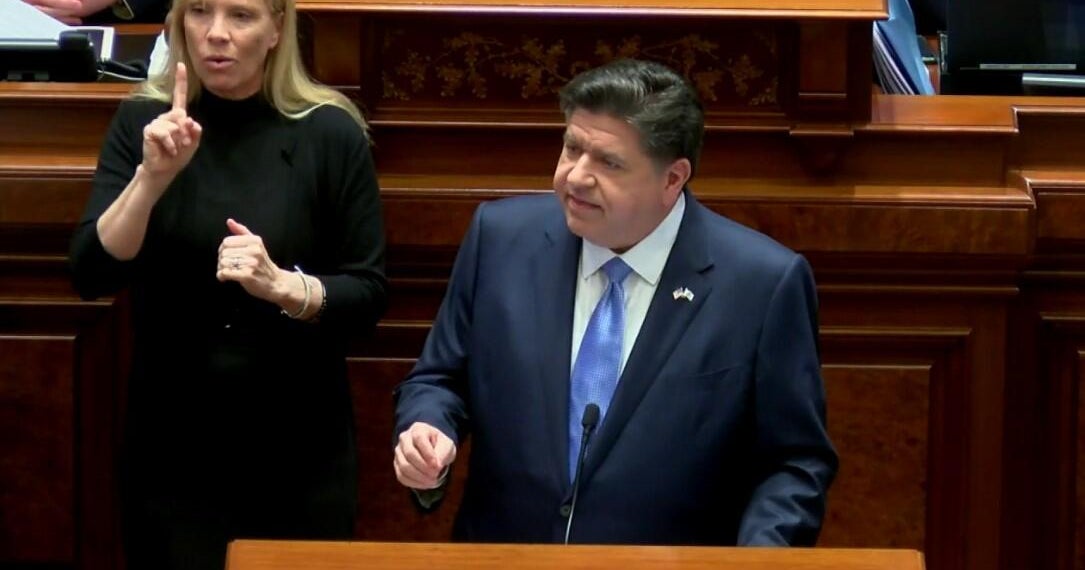Several Thousand Gather For St. Paul Protest Against Pipeline
ST. PAUL (WCCO) — Organizers of a march and rally in St. Paul on Saturday called it the largest oil protest ever in the Great Lakes states.
Several thousand people marched to call for an end to the practice of drilling for oil in the Canadian and North Dakota tar sands.
They converged on the downtown streets wearing costumes and hoisting signs. Sandy Stine was among those protesting, saying her message was simple – the nation's dependence on tar sands oil can't continue.
"We need to get renewable energy, it's available and we need to save our water, water is life," Stine said.
Protesters like Stine fear the practice is threatening the region's precious water resources on two fronts. First, fracking to release oil trapped underground utilizes a tremendous amount of fresh water in the process. But secondly they say, transporting the heavy tar sand oil in pipelines will further threaten the region's ground and surface water, like lakes, streams and bogs.
Environmental author Bill McKibbon was among those calling the practice dangerous and dirty. Unlike other oil drilling, McKibbon says, tar sand oil extraction is heavily dependent on freshwater.
"Now it's time to take a different course," McKibbon said.
For many, that different course should be led by more research and development of renewable forms of energy such as photovoltaics, wind, solar and geothermal.
Saturday's "Tar Sands Resistance March" was led by a large contingent of the region's indigenous people. Native Americans fear that transporting more oil in underground pipelines only threatens sensitive tribal lands. In addition, they argue that burning more fossil fuels will further exacerbate climate change and a warming planet.
Others came as indignant protesters -- angered over the recently approved Sandpiper oil pipeline that would cut through Minnesota's lakes region and the Mississippi headwaters.
"Since when did we say that saving water for people became an extremist point of view?" said "Friends of the Headwaters" member Richard Smith.
The 90-minute march ended at the state capitol where speakers, including the national Sierra Club president Aaron Mair, called on politicians and big oil to stop stalling cleaner, safer energy alternatives.
"The technology is here, but we've been doing a good job forcing that technology to China. We're importing important technology that we invented," Mair said.
A coalition of business and labor groups issued a statement of support for Canadian crude oil. It read that Minnesota is heavily dependent on oil from Canada and that there is virtually no difference between oil sands crude and conventional crude oil when transporting it through pipelines.







